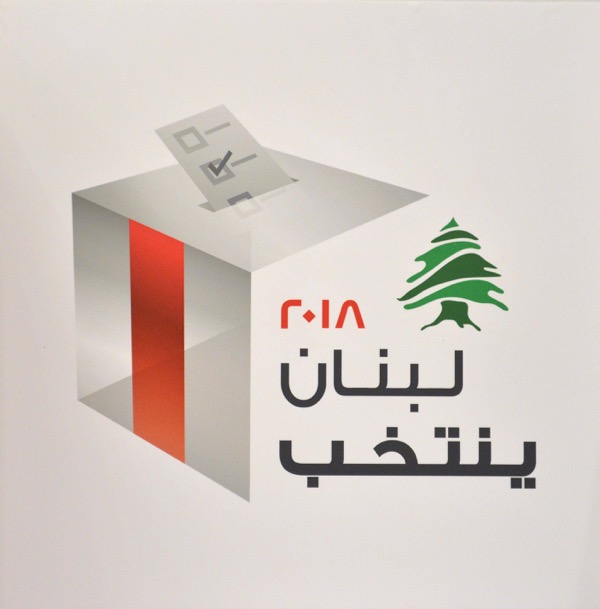 Fewer than half of registered voters turned up to cast their ballots in Lebanon’s first parliamentary election in nine years Sunday, according to the country’s interior minister.
Fewer than half of registered voters turned up to cast their ballots in Lebanon’s first parliamentary election in nine years Sunday, according to the country’s interior minister.
As votes were being counted, Lebanon’s Interior Minister Nohad Machnouk gave a televised press conference in which he lamented the turnout, which was lower than the 54% recorded in the 2009 election.
“Whoever didn’t vote cannot object to what happens in the future,” Machnouk said.
Earlier in the day, Lebanese President Michel Aoun tweeted: “I was surprised by the low turnout and the exercise of the right to vote. I renew the appeal, if you wish to change and to establish a new approach, you must exercise your right.”
Results are expected to be announced Monday, and could shift the balance in the nation’s coalition government. Hezbollah, the Iranian-backed Shia group, is the most powerful bloc in the election.
Trying to hold back Hezbollah’s growing influence is Prime Minister Saad Hariri. He leads the Mustaqbal, or Future, bloc that is backed by Saudi Arabia, Iran’s Sunni rival. His father also previously served as prime minister.
Both groups are seeking control of a parliamentary majority through highly complex coalitions with allies. And both groups have campaigned aggressively.
Hezbollah’s secretary-general, Hassan Nasrallah, has given televised speeches on a nearly weekly basis. Hariri’s exhausting four-hour convoy tours have made rounds across the country over the last month.
Youth vote looks for change
Outside the power bases of Hariri and Hezbollah are a growing contingent of disenchanted voters.
“I want the current regime, which has been around for decades now, to vanish. I want it to go away because we’ve tried it for decades and it has failed miserably,” said surgeon Walid al Alami from a polling station in the western part of Beirut.
Hikmat Alatat from Hezbollah’s stronghold in the southern suburbs of Beirut said he voted for the Shia party. But he said he wanted the group, which has played a significant role in neighboring Syria’s war, to shift focus to domestic issues. “I want them to provide the services that people in this country need,” said Alatat.
At the upscale neighborhood of Verdun, Siham Jarjour wouldn’t disclose who she voted for but said she expected more of the same. “I want to go back to the 1960s, when Lebanon was the Switzerland of the east,” said Jarjour. “No one new is coming (to power). The old team will be back. We’re voting for our guy, but we know he won’t win.”
The low turnout was recorded even with an influx of new voters who had either reached the voting age or qualified under new rules.
As many as 800,000 voters under the age of 30 were expected to cast ballots for the first time. It was also the first time in Lebanese history that expats were allowed to vote.
This election was also the first time in Lebanese history that electoral candidates promoted gay rights. Nearly 100 candidates publicly called for the decriminalization of homosexuality.
Eighty-six women ran for office — a record number.

Leave a Reply
You must be logged in to post a comment.